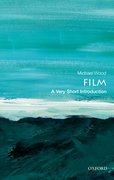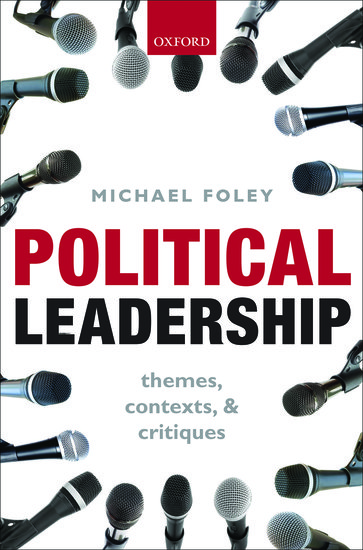Best Original Score: Who will win (and who should!)
By Kathryn Kalinak
This year’s slate of contenders includes established pros (John Williams, Thomas Newman, Alexandre Desplat) along with some newcomers (William Butler and Owen Pallett, Steven Price). This used to be a category where you had to pay your dues, but no longer.









